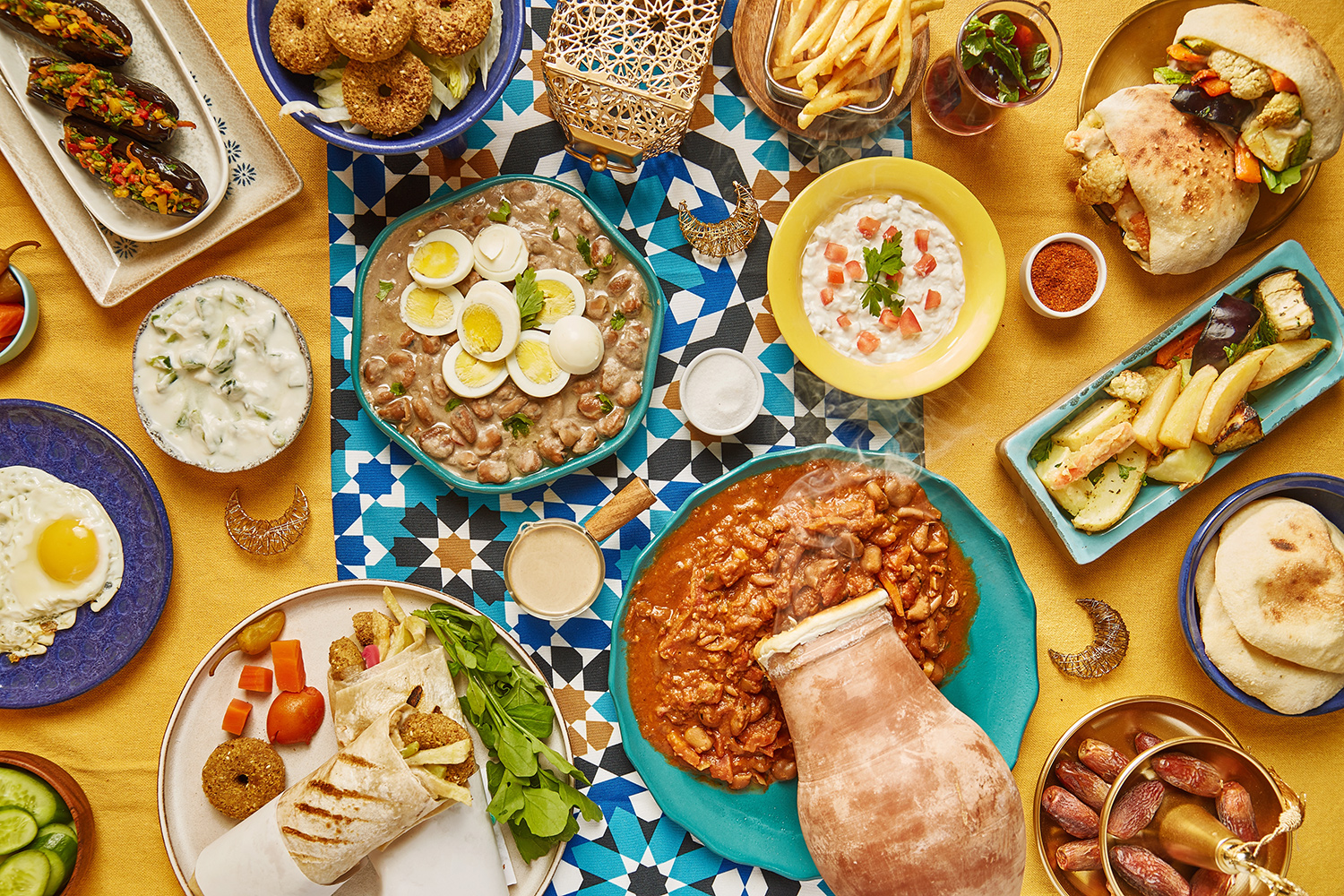Many people neglect the suhoor meal during Ramadan, but the truth is that the suhoor meal is one of the important meals that greatly contributes to providing the fasting body with many nutrients during the fasting hours the next day. Therefore, it is important to know the best and most important dietary tips that contribute significantly to maintaining the general health of the fasting person during the holy month of Ramadan.

In this context, we are pleased to share with you the most important tips during the suhoor meal, which include:
- Better to consume foods rich in fiber, such as oranges, lettuce, and cucumbers.
- Consuming protein is an important dietary trick during the suhoor meal, so you can eat eggs, beans, or yogurt, as these foods reduce thirst during fasting hours.
- You can eat boiled pasta or boiled potatoes for suhoor, as these foods help maintain the body's energy during fasting hours the next day.
- Increasing the intake of high-salt foods, such as pickles and other types of salty food, causes thirst during fasting the next day, so you should give them up and avoid eating them, especially during suhoor.
- Avoid sleeping immediately after having suhoor, as this leads to many health problems, including weight gain and stomach upset, try to have suhoor early and before sleeping.
- Reduce as much as possible the intake of caffeine-rich drinks because they expose you to tension, fatigue, and increase your thirst during fasting the next day..


